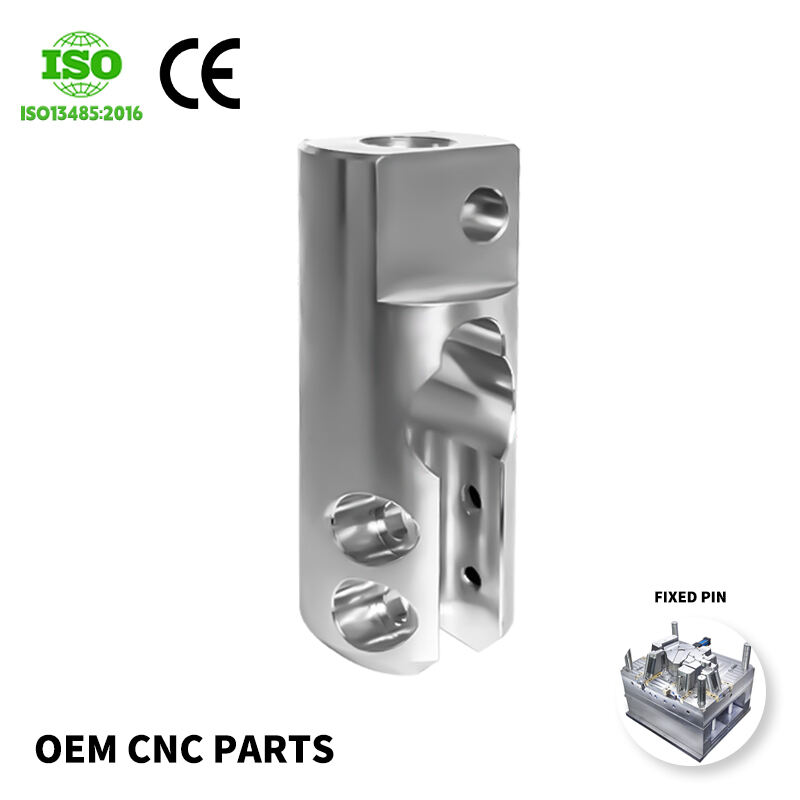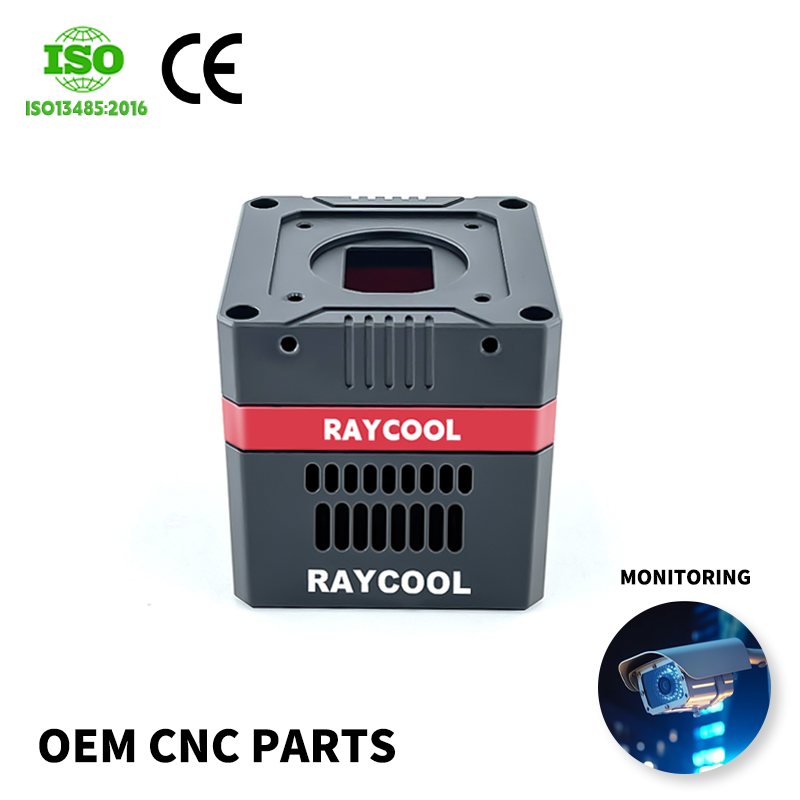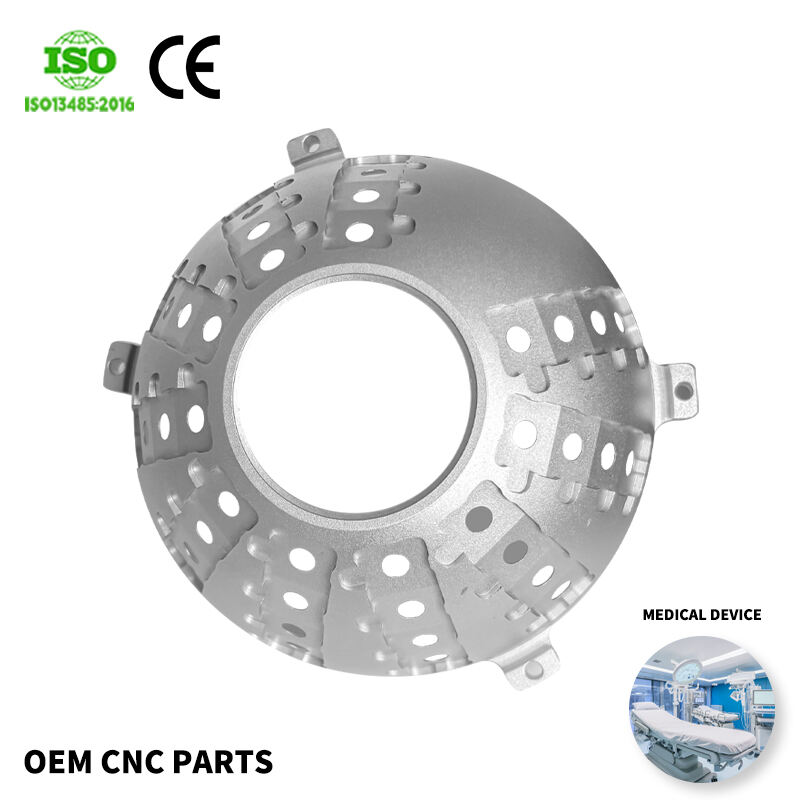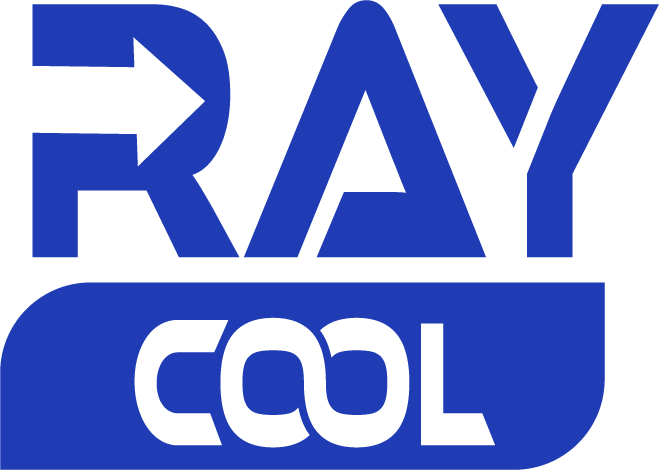cnc medical parts
CNC medical parts represent a crucial advancement in modern healthcare manufacturing, combining precision engineering with medical-grade materials to produce essential components for medical devices and equipment. These parts are manufactured using Computer Numerical Control (CNC) technology, ensuring exceptional accuracy and consistency in every production run. The manufacturing process involves sophisticated computer-controlled machinery that can achieve tolerances as precise as 0.001 inches, making them ideal for critical medical applications. CNC medical parts encompass a wide range of components, from surgical instruments and implants to diagnostic equipment parts and medical device housings. These components are typically crafted from biocompatible materials such as titanium, stainless steel, and medical-grade plastics, ensuring both durability and safety for patient use. The manufacturing process adheres to strict regulatory standards, including ISO 13485 certification and FDA requirements, guaranteeing the highest quality and reliability in medical applications. Modern CNC technology enables complex geometries and intricate designs that would be impossible to achieve through traditional manufacturing methods, allowing for innovative medical solutions and improved patient outcomes.



